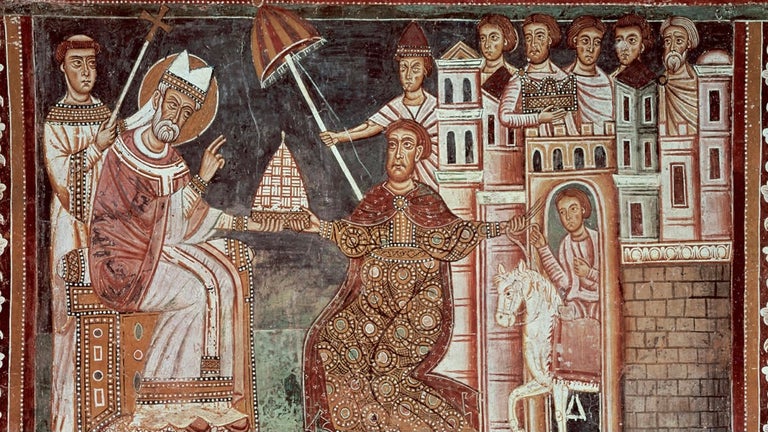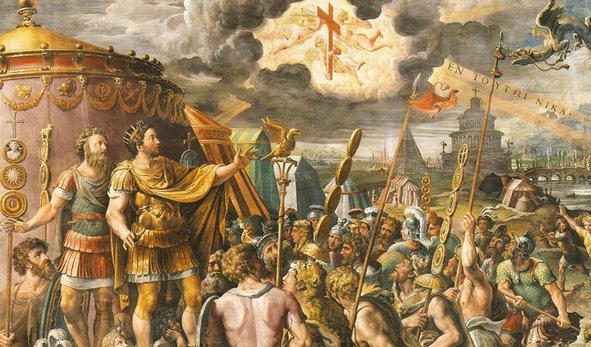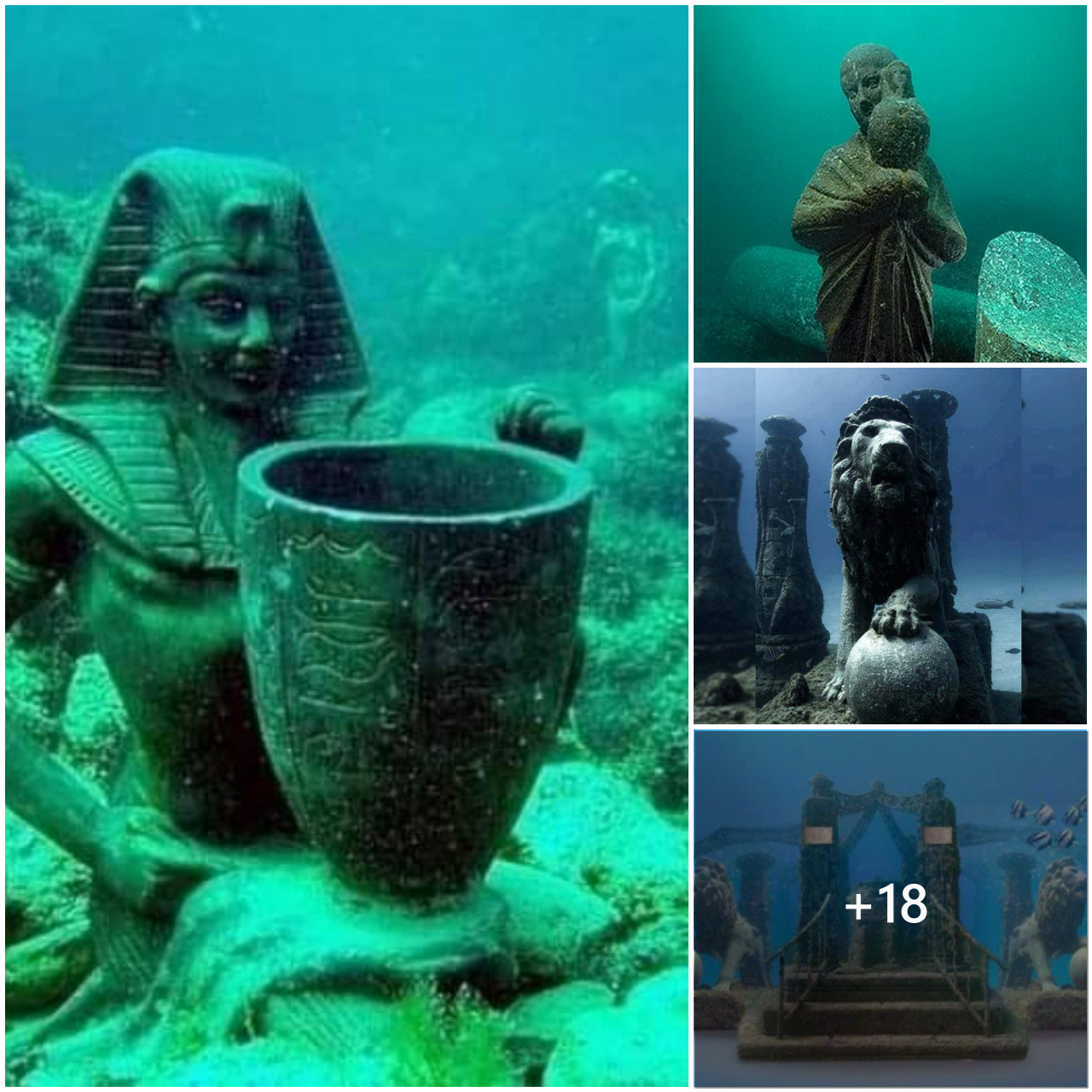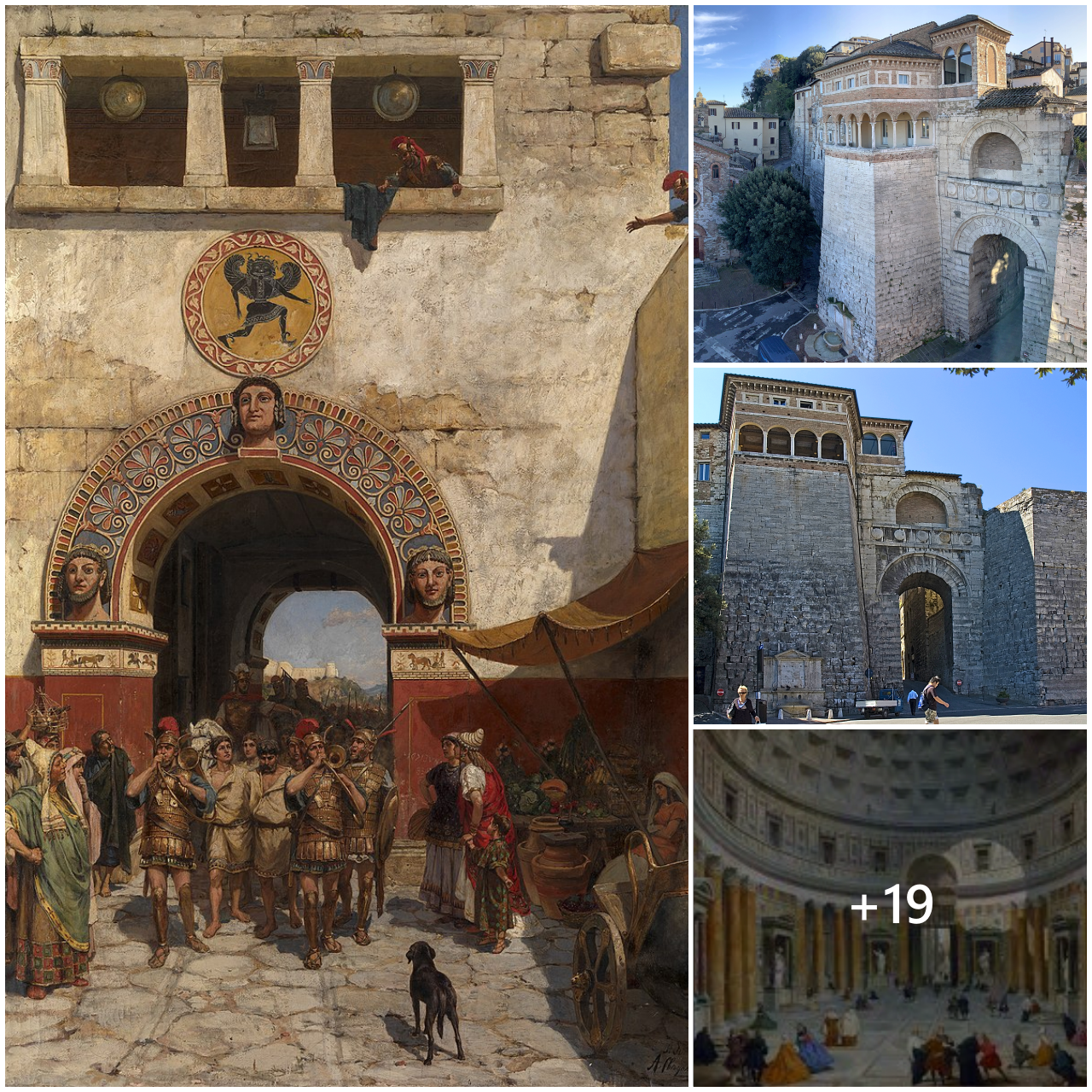How did Christianity go from a small sect in a corner of the Roman Empire in the first century, to the religion that emperor converted to in early 4th Century AD ?

Its spread was greatly aided by the empire’s political unification and extensive road system, as well as the belief among many Christians that the religion was something anyone could adopt, regardless of regional or religious background.
Missionaries like Paul, a major figure in Bible’s New Testament, traveled around the empire with intention to spread Christianity. However, most of the people who helped spread the religion did so just by talking about it with their neighbors, friends and family members, says Edward Watts, a history professor at the University of California San Diego and author of The Final Pagan Generation: Rome’s Unexpected Path to Christianity.
“Missionaries are a part of the story, but most of the story is about regular Christians talking to regular people,” he says. “And that, I think, is the most important reason that Christianity emerges in the way that it does in the Roman world. It’s not mission activity by people like Paul so much as it is people whose name we don’t know.”

At Roman Empire’s height in 2nd Century, it stretched into Europe, North Africa and Middle East. One key reason Christianity was able to spread throughout this vast empire was that many people viewed the new religion as something they could easily adopt without having to change their existing cultural and religious practices.
In 1st-2nd Centuries, most people in Roman Empire worshiped multiple gods at once. When they heard about Christianity, they didn’t necessarily think that worshiping Jesus Christ meant they had to stop worshiping their other gods, like Jupiter, Apollo and Venus. Rather, many adopted Christianity by adding Jesus to the group of gods they already worshiped, Watts says.
The belief that Christianity was compatible with what we now call paganism helped Christianity spread through Roman Empire. Although some Christians argued there was only one god and Christians shouldn’t worship any others, this wasn’t how many people in Roman Empire understood Christianity at the time, Watts says.
Christianity also got a boost from idea that it was a religion for anyone not just people in a certain region with specific religious background. Though some Christians debated this point, missionaries like Paul preached that a person didn’t have to obey Jewish laws around circumcision and kosher food practices to become Christians.
“This is a key change because it makes the bar to entry much lower,” Watts says. “If you are a male who wants to convert to Christianity, and there’s an assumption that first you have to convert to Judaism, it’s literally physically painful and dangerous for you to convert.”
In addition, fact that authors of Christian gospels wrote them in Koine Greek, a common language version of Greek, made gospels accessible to more people in the empire. Unlike Aramaic, a regional language in Judea that Jesus spoke, Greek was spoken throughout Roman Empire.
#archaeohistories






